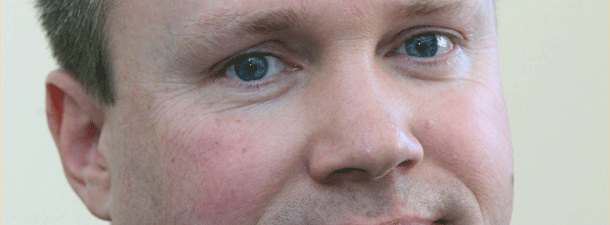The Government should think again on dropping design and technology from the national curriculum, an expert has warned.
Julian Davis, managing director of HME Technology, based at Saxon Park in Bromsgrove, a leading supplier and installer of design and technology and science equipment for schools, has criticised a recommendation from an expert advisory panel of academics as “short-sighted”.
He charged: “Design and technology is vital to product development in this country and, if we are to rebuild our manufacturing base, then we need young people coming through with knowledge and expertise in such a vital area.
“Design and technology is too often under-rated – it shouldn’t be. It is absolutely at the cutting edge of innovation.
“And, with its expertise in manufacturing, all this matters hugely to the Midlands.”
The Government has been conducting a long-standing review of the national curriculum in schools, with only English, maths, science and physical education guaranteed to remain. Currently design and technology, art and design, citizenship, geography, history, information and communication technology, modern foreign languages and music also have national curriculum status.
The expert advisory panel report backed a slimming down of the national curriculum despite “a strong argument” for retaining most existing curriculum subjects in some statutory form. It believes design and technology, information and communication technology and citizenship should be downgraded to basic curriculum level.
The report stated: “This would retain a duty on schools to teach them, but would enable schools to determine appropriate content – there would no longer be centrally prescribed programmes of study or attainment targets.
“Design and technology programmes should be developed by schools in response to local needs and interests, which is why we take the view that a reclassification to the basic curriculum is desirable.”
Mr Davis said: “This is extremely short-sighted. It is sadly a green light for many schools to pay lip service to the subject.
“It is potentially extremely damaging. Where does the Government expect the Sir James Dysons of tomorrow are going to come from? Where will we find the next Sir Jonathan Ive, senior vice president of industrial design at Apple and the leading conceptual mind behind the iMac, iPod and iPhone?
“Sir Jonathan studied design and technology at school while his father was a design and technology teacher.
“One of Sir Jonathan’s famous quotes is ‘it’s very easy to be different, but very difficult to be better’. We as a nation need to do better … and it starts at school.”
And he has been backed by Richard Green, chief executive of the Design and Technology Association.
DATA, which has been pushing the case for retention, said it was “extremely disappointed” at the downgrade.
It added: “The Association continues to stress the important contribution design and technology can and must make to the education of all pupils and, in particular, its ability to inspire children to follow careers in the important wealth creating sectors of business and industry.
“It is important to remember that this report is not statutory. The Government will be publishing its response to it and this will be followed by a period of statutory consultation. We are continuing our campaign and will gather and submit additional evidence as well as working with the creative, manufacturing and engineering industries to demonstrate the damage that will be done to pupils’ education and to the future economic prospects of the UK if design and technology were to be marginalised in this way.”
The Government has extended the timetable to introduce the proposed changes – it will now be September 2014 at the earliest.
Founded in 1984, HME Technology’s of products include forges, brazing hearths, furnaces, welding tables, fume extraction systems, kilns, woodworking equipment, wood dust extraction systems, metal finishing and CNC machines. It also supplies fume cupboards and ventilation systems for science departments.





















